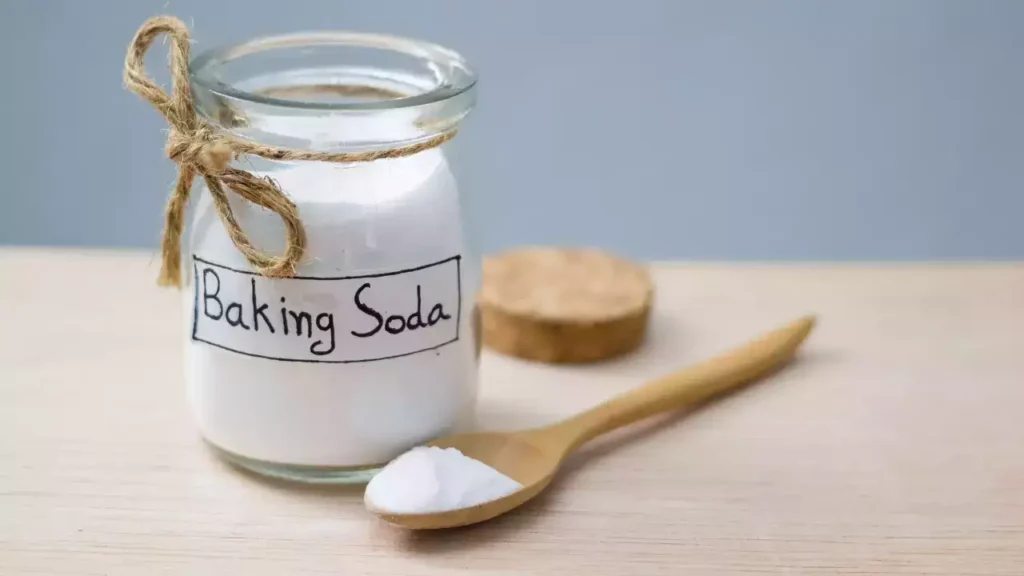can horses eat peppers?

Table of Contents Show
Introduction
can horses eat peppers? Have you ever wondered if your equine companion can munch on peppers? Horses are known for their selective diets, and introducing unconventional foods raises questions about their well-being. In this article, we delve into the curious case of whether horses can eat peppers and explore the intricacies of their dietary needs.
Types of Peppers
Peppers come in various shapes, sizes, and colors. From bell peppers to spicy chili peppers, the spectrum is wide. Understanding the differences is crucial when contemplating whether to share these snacks with your four-legged friend.
Nutritional Content of Peppers
Before deciding if horses can enjoy peppers, let’s analyze the nutritional content. Peppers are rich in vitamins, particularly vitamin C, and contain essential minerals. However, horses have specific dietary requirements, and not all human foods align with their nutritional needs.
Horse Dietary Needs
Horses thrive on a diet primarily composed of hay, grass, and grains. These foods provide the necessary fiber, carbohydrates, and proteins essential for their overall health. Deviating from this diet should be approached cautiously.
Potential Risks
While peppers offer nutritional benefits, they may pose risks to horses. Some peppers are spicy and can irritate the equine digestive system. Additionally, certain compounds in peppers might not sit well with a horse’s metabolism, leading to discomfort or even health issues.
Spicy Foods and Horses
Horses, unlike humans, may not appreciate the spiciness of peppers. Their taste buds are not adapted to handle spicy foods, and introducing such flavors might result in reluctance or aversion.
Beneficial Foods for Horses
Considering the potential risks, it’s essential to explore alternative treats that are safe and beneficial for horses. Carrots, apples, and oats are popular choices that align with equine dietary requirements.
Moderation is Key
Even if a particular food is deemed safe for horses, moderation remains a key principle. Too much of any treat, including peppers, can upset the delicate balance of a horse’s digestive system.
Digestive System of Horses
Understanding the equine digestive system is crucial. Horses are herbivores with a complex digestive process that relies on a steady intake of fibrous foods. Sudden changes or introducing unfamiliar foods can disrupt this delicate balance.
Common Horse Treats
Opting for treats specifically designed for horses is a wise choice. Commercially available horse treats are formulated to meet their nutritional needs while ensuring palatability.
Consulting a Veterinarian
When in doubt about adding a new food to your horse’s diet, consult a veterinarian. Professionals can provide personalized advice based on the horse’s age, health, and dietary requirements.
Observing Horse’s Behavior
As a responsible horse owner, observe your horse’s reaction to new foods. If there are signs of discomfort or reluctance, it’s best to reconsider the choice of treats.
Avoiding Harmful Practices
Force-feeding or abruptly changing a horse’s diet can lead to digestive issues. Respect your horse’s preferences and introduce new foods gradually.
Customizing Diets for Horses
Each horse is unique, and their dietary needs may vary. Customizing diets based on individual requirements ensures optimal health and well-being.
Observing Horse’s Behavior
As a responsible horse owner, observe your horse’s reaction to new foods. If there are signs of discomfort or reluctance, it’s best to reconsider the choice of treats. Horses are individuals with unique preferences, and understanding their likes and dislikes enhances the bond between you and your equine companion.
Avoiding Harmful Practices
Force-feeding or abruptly changing a horse’s diet can lead to digestive issues. Respect your horse’s preferences and introduce new foods gradually. Patience is key when trying to incorporate something new into their diet. Positive reinforcement, such as praise or a gentle pat, can also encourage your horse to try different treats.
Customizing Diets for Horses
Each horse is unique, and their dietary needs may vary. Customizing diets based on individual requirements ensures optimal health and well-being. Factors such as age, activity level, and overall health should be considered when planning a horse’s diet. Regular consultations with a veterinarian can help tailor a diet that suits your horse’s specific needs.
Conclusion
In conclusion, while peppers may have some nutritional benefits, introducing them to your horse’s diet requires careful consideration. Prioritize your horse’s well-being by sticking to a balanced diet and consulting with a veterinarian for dietary advice.
Frequently Asked Questions
- Can horses eat spicy peppers?
- It’s generally not recommended, as horses may find the spiciness unpleasant.
- Are there any peppers safe for horses?
- Mild, non-spicy peppers in moderation may be safe, but consulting a vet is advisable.
- How do I know if my horse likes peppers?
- Watch for signs of interest or reluctance when offering peppers as treats.
- Can peppers cause digestive issues in horses?
- Yes, spicy peppers, in particular, may irritate the digestive system.
- Should I include peppers in my horse’s regular diet?
-
- It’s best to focus on traditional horse-friendly foods and consult with a vet before introducing peppers regularly.
- Also Read: The Power of AioTechnical.com health






Responses